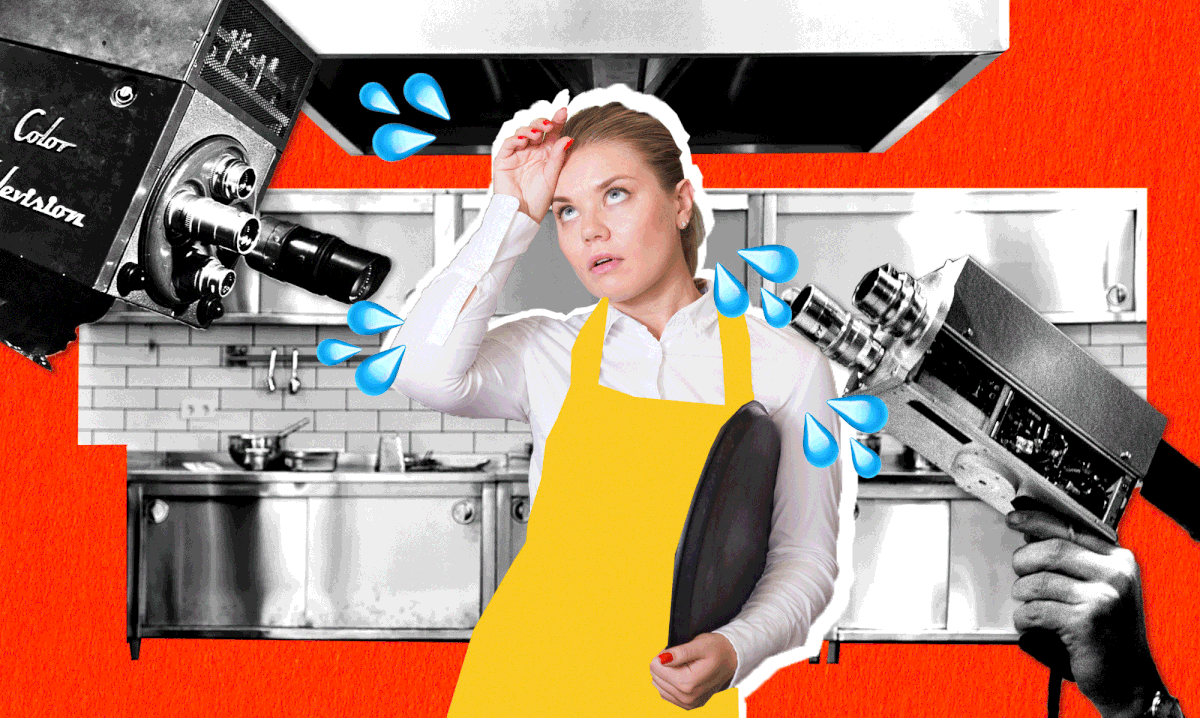The Death and Life of August Sweeney
“One of the most sumptuous and inventive novels I’ve read in years. In language that sings with seductive detail, Ashworth twines the stories of a magnetic celebrity chef with the obsessive doctor assigned to his autopsy. Not since Jim Crace’s Being Dead has death contained all the drama and intrigue of life. I flew through this novel.”
—Tania James, author of the National Book Award-longlisted LOOT
Featured writing
The Slow, Troubling Death of the Autopsy
Elemental, 2020
Eater, 2020
The Beautiful Art of Hassling Politicians in Animal Costumes
The Washington Post Magazine, 2020





